jacsul
TPF Noob!
- Joined
- Jan 1, 2009
- Messages
- 136
- Reaction score
- 7
- Location
- Earth
- Can others edit my Photos
- Photos OK to edit
Hi all,
I'm looking to move up to a DSLR, entry level that I can grow with. I'm looking to spend around $1000 w/a kit lens, new or used. My question is which camera sensors are better suited for low light? Also, has the technoligy in sensors changed much? And are there any new emerging camera bodies to look for?
Thanks
Jack
I'm looking to move up to a DSLR, entry level that I can grow with. I'm looking to spend around $1000 w/a kit lens, new or used. My question is which camera sensors are better suited for low light? Also, has the technoligy in sensors changed much? And are there any new emerging camera bodies to look for?
Thanks
Jack


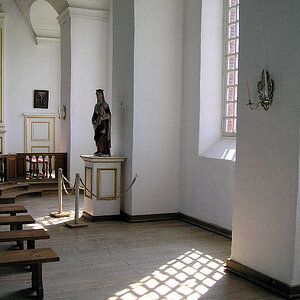
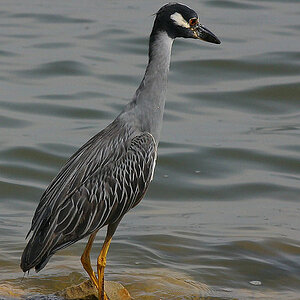
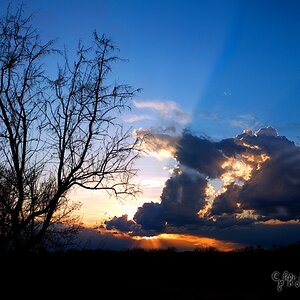
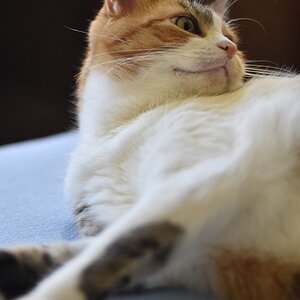
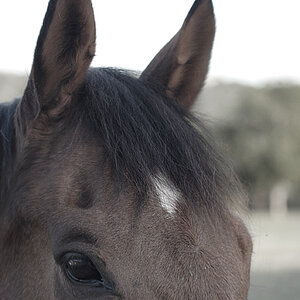
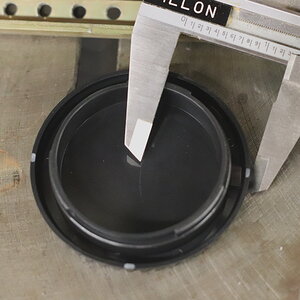
![[No title]](/data/xfmg/thumbnail/34/34343-b06994e286a2089b404358d95c37eaf0.jpg?1619736378)
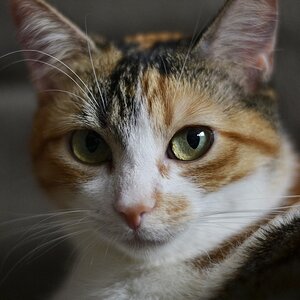
![[No title]](/data/xfmg/thumbnail/34/34344-0b42e0e92ad436e6710a1b9c4585d6df.jpg?1619736379)
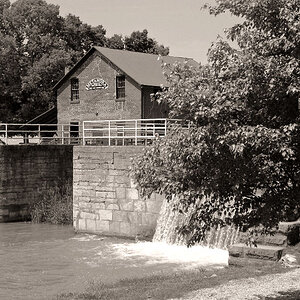
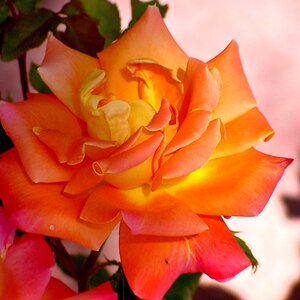
![[No title]](/data/xfmg/thumbnail/36/36601-26ec0a53712c5470af53be9652811a6e.jpg?1619737641)